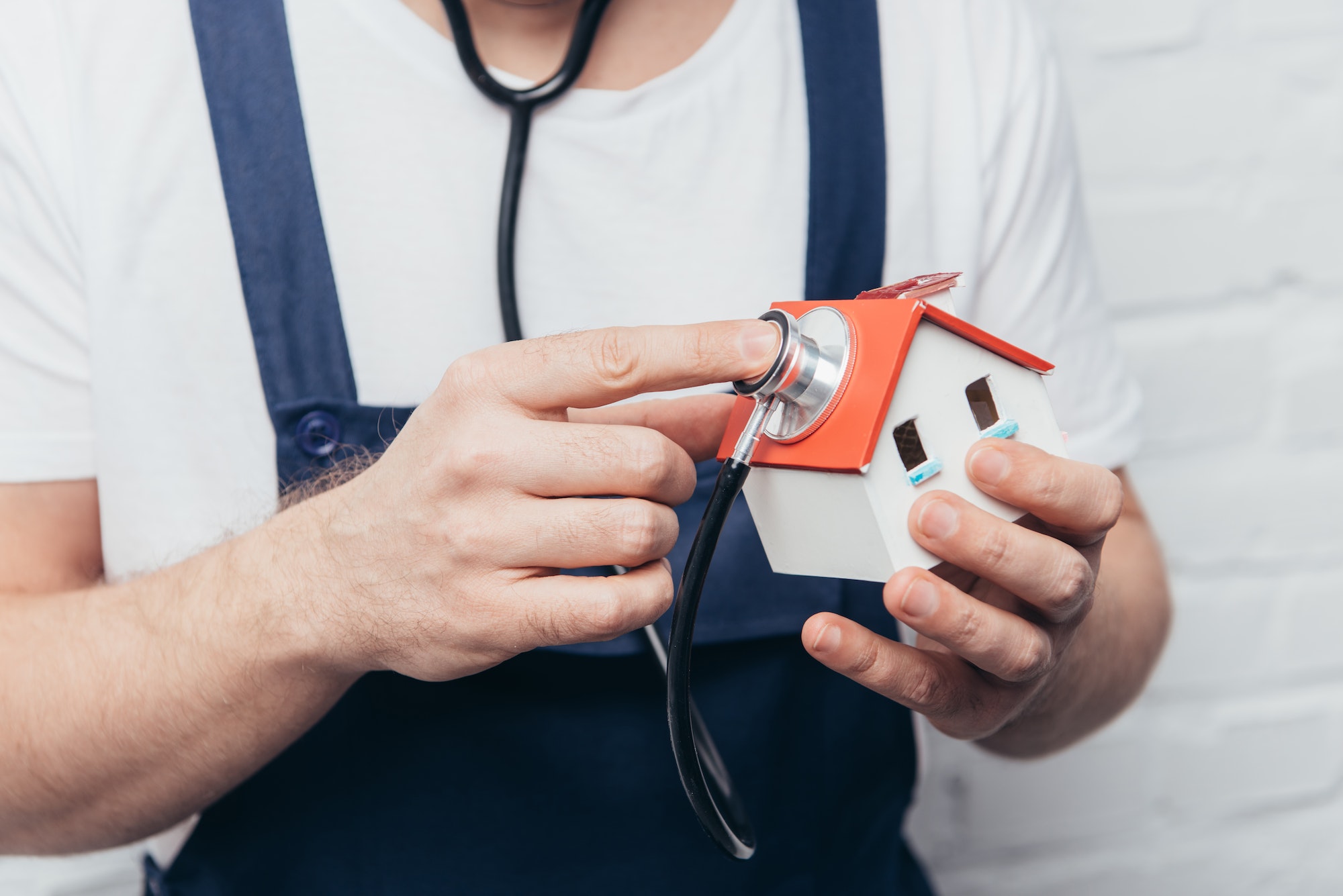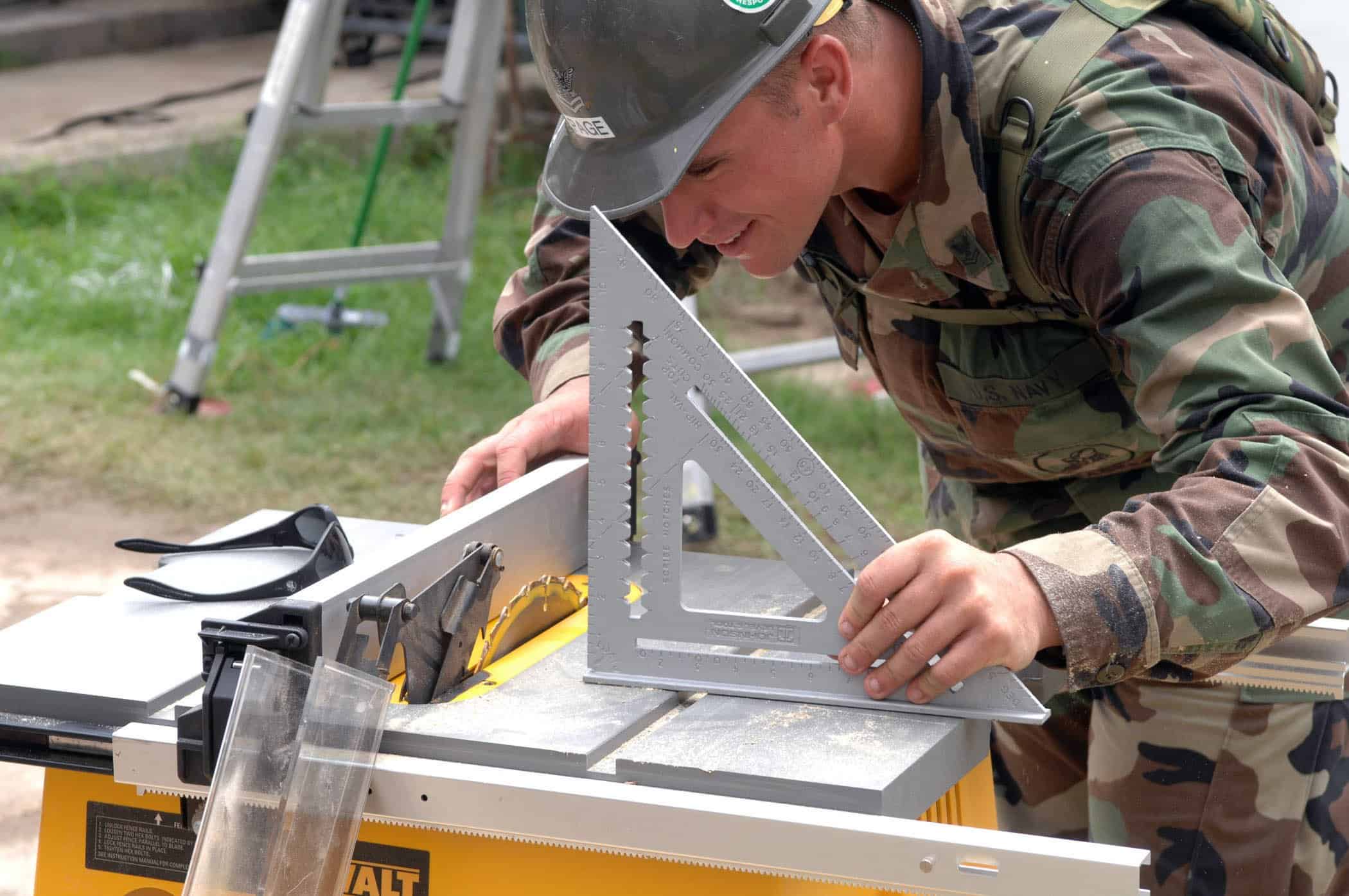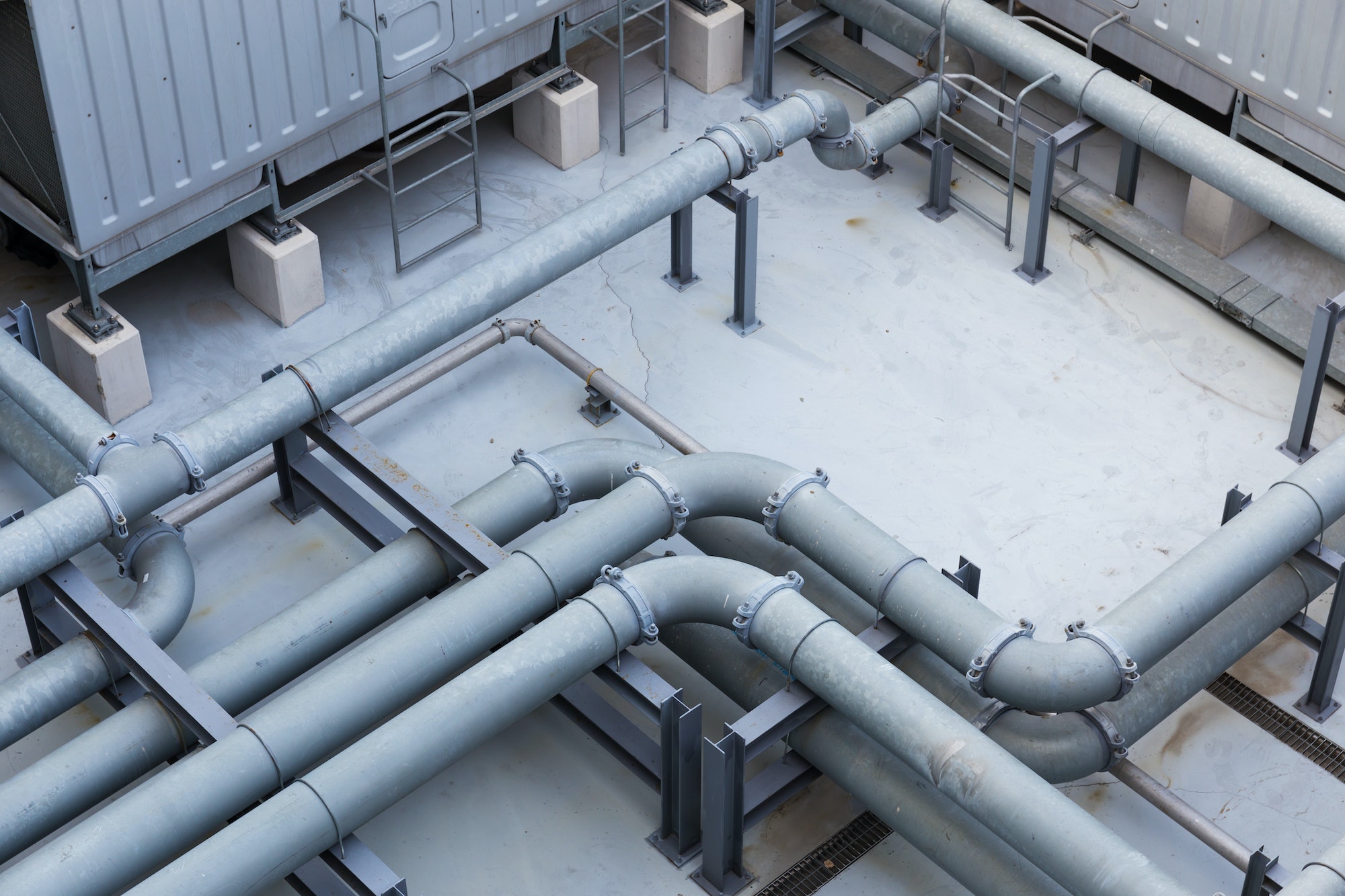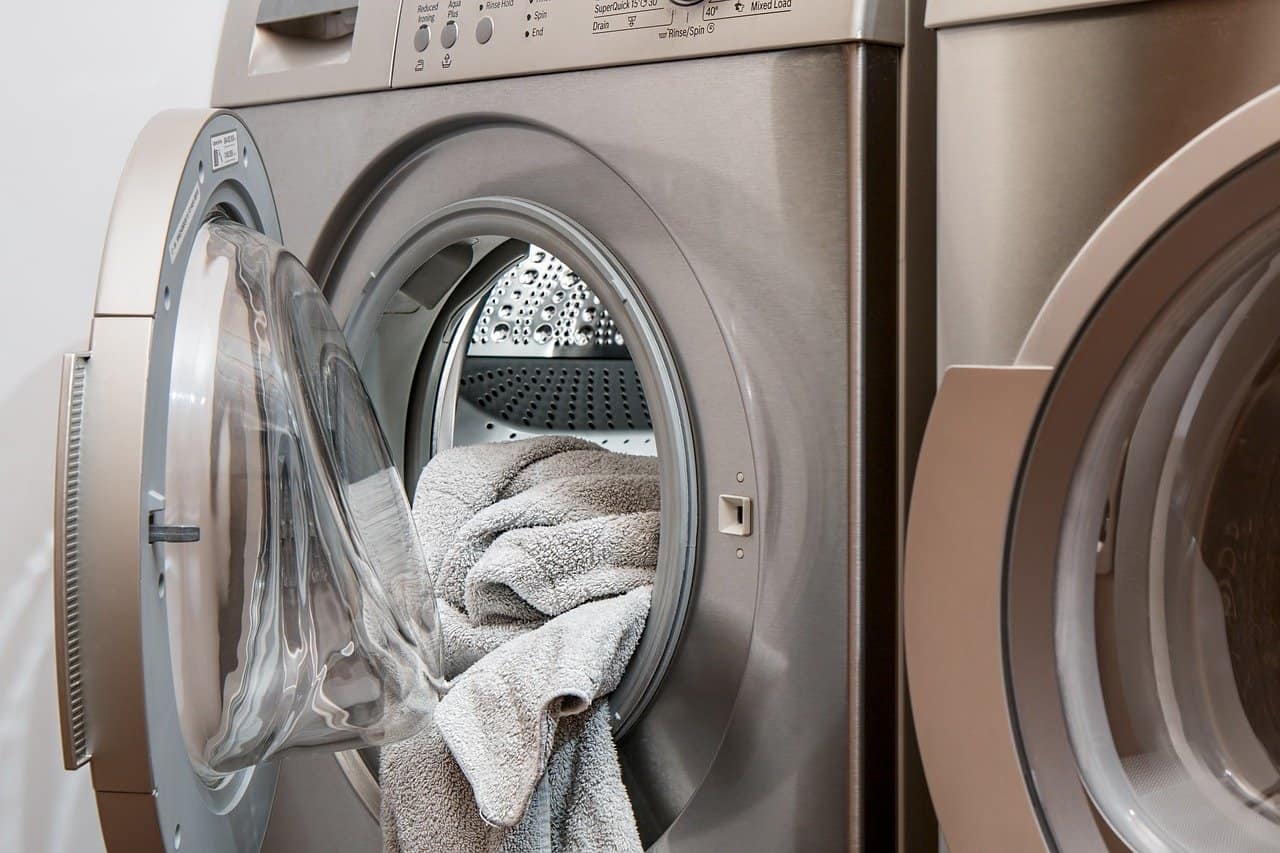Whether you’re selling or buying a property, it is important to understand what inspectors look for during an inspection process. Inspectors are hired to investigate the condition of a property, helping buyers and sellers assess the value of their investment. However, it is important to hire a professional home inspector service in Carrollton to get the best services. But before hiring an inspector, it is important to understand how the work is done.
In this blog post, we will discuss what inspectors look for during an inspection process. With the knowledge acquired from this blog, one can successfully hire a home inspector in Carrollton and look after how the service unfolds.
Structural Safety
Inspectors start off by checking for signs of structural weakness in buildings and properties. Some signs that indicate structural damage include sagging floors or ceilings, cracks in walls or foundations, peeling paint, and water damage.
During the inspection process, inspectors examine areas such as beams and support structures. They also check if roofs are properly supported with beams strong enough to handle heavy loads like snow.
Inspectors may use instruments like moisture meters and thermal imaging cameras to check the presence of water infiltration on walls. This helps identify potentially problematic areas where mold could grow.
Roofing Issues
Roofs take substantial exposure to weather elements like wind, rain, and snow over time, resulting in damages that can be difficult to spot until they become significant problems. A roof replacement is one of the most costly repairs a homeowner can face down the road if issues are ignored during inspections.
Inspectors countenance roofing conditions carefully, which include; missing shingles/tiles and curled-up shingles/tiles that require restoration immediately before deterioration gets worse.
Electrical Wiring
Another aspect an inspector focuses on is electrical wiring, as it’s very crucial. They check for updates from current building codes, given each region has specific electrical codes they adhere to, so it’s essential they comply accordingly. The key elements inspected here identify faulty wiring and ensure proper grounding measures are in place – these factors significantly enhance safety, as poorly wired houses are more likely to experience situations that can lead to random house fires without warning.
Plumbing Concerns
Condensation from tightly compacted plumbing fixtures can cost one plastic pipe and insulation to fix. So it’s more prudent for a homeowner to have this aspect evaluated during an inspection by an expert; little things such as disjointed pipes and leaking faucets can result in major water damage later on.
Another significant possibility of plumbing issues is improper installations ending up harboring the unforetold sewage/sanitation risks during its lifetime.
Heating, Ventilation, and HVAC Systems
An inspector checks whether the heating system’s adequate & properly installed – should anything be out of sync or missing with fully functioning components implied earlier on from basic checks carried out.
They also assess how well-ventilated homes are, checking our areas like the bathrooms, kitchen furnace, and attached garages paired with proper ductwork functionality assessments throughout; together, they work toward protecting occupants from inhaling toxic fumes- known to impact negatively on respiratory health, including allergies.
Mold Inspection
A mold inspection is essential when inspecting properties, given mold growth is linked to a myriad of illnesses affecting human beings, even pets lurking around humid areas. An inspector runs tests in susceptible places trying hard-pressed zones such as basement ceiling tiles responding well, looking into water sources, and detecting mold spores. Fortunately, Inspection services enabled technological advances now have specialized equipment at their disposal, allowing them greater ability & accuracy levels identifying stronger contaminants throughout your structure targeting efforts towards fixing problematic areas earlier before worsening over time.
Gas leaks
Inspectors will check appliances connected to gas line detectors; they must meet expected gas line requirements stipulated by law to ensure the safety of all parties involved. Dark-colored soils around piping could represent a sign that there may have been prior leaks formerly present requiring immediate attention from experts. Further, potential signs showing up through breathing issues caused by exhausting & protracted accumulation within confined spaces lead to fatalities if unchecked timely.
Conclusion
As we have come to the end of this blog, we understand what home inspectors do. So when hiring a home inspector, look out for all these services, and this will help you to maintain the beauty and aesthetics of your home.
Discover more from Futurist Architecture
Subscribe to get the latest posts sent to your email.




